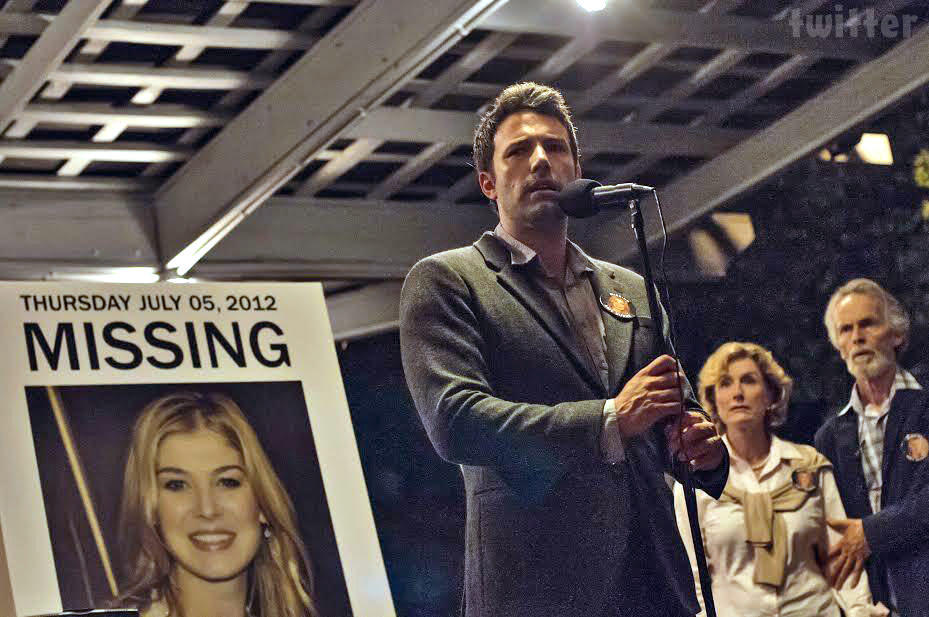I finally watched it, and some questions have been answered. One of those questions is, “Why are the critics frothing at the mouth over their hatred of this movie?” I can answer that simply with two facts in the context of the film:
- Americans are the good guys.
- Jihadists are depicted waging jihad as they do in real life.
Any idiot in the cultural elite knows that Americans are the bad guys and Christianity and free market capitalism are what make the Middle East a hellhole of slavery, institutionalized torture/murder and bloody feudal wars. So that little mystery is cleared up.
I know very little about Chris Kyle. I never heard of him until shortly before his death. I still don’t know the truth regarding some controversy surrounding him, and haven’t researched it. Initially I heard the guy who killed him did it intentionally. Later I heard it was an accident. I also heard that he kicked Jesse Ventura’s 4th-point in a bar fight, after which Ventura pressed charges for assault. Later I heard that Kyle lied about the whole thing, and what Ventura sued him for was slander.
 The movie doesn’t take sides on those matters, or even bring them up. Nor does the film take a position on whether the Iraq War/occupation was justified (though Kyle, as portrayed in the movie, does obviously believe it’s a just war).
The movie doesn’t take sides on those matters, or even bring them up. Nor does the film take a position on whether the Iraq War/occupation was justified (though Kyle, as portrayed in the movie, does obviously believe it’s a just war).
It was wise of the director to avoid preaching from either side of the pulpit about the War on Terror. I’m sure I would have been offended either way.
The movie is about a guy who believes in what he’s doing, and I can judge it on that.
I was once a lot like Chris Kyle. I loved my country, and volunteered to fight for her, assuming that wherever I was deployed and whoever I fought would be determined by somebody of a higher paygrade who took their oath of office as seriously as I took mine.
Since then, I’ve adopted the opinion that very few foreign entanglements in American history were justified. And for over a century none of them have been about safeguarding our freedom or benefiting the American people in any way.

But hindsight is 20/20. My motives were pure, even though my idealism was misguided and loyalty misplaced. The only way I would wear the uniform again now would be for purely mercenary motives (which is why most people do it anyway, and who the recruiting marketers try to attract). I would join a different branch and choose a cushy MOS that translates well to a civilian career, do my time, and get out to take advantage of the G.I. Bill.
The military is not the place for patriotic Americans. Hasn’t been for a while. In fact, those few anomalies who do love their country are being actively purged, starting at the top.
Chris Kyle was naive in his time just like I was in mine. This story is about his life the way he saw it (and how others remember it, I guess). Don’t judge the movie on what it’s not trying to be.
There was another movie about a sniper over a decade ago, called Enemy at the Gates. It took place on the Eastern Front during WWII, where there was no “good” side or just cause. It told a similar story, concentrating on the character discharging his duty. As such, it was a good film. So is this one. Clint Eastwood is a great director and was the right one for this project.





 ial gravity everywhere in the Ark, too–even the sections not spinning. The ace mechanic (a woman, of course) manages to fix heavy machinery on a regular basis without even getting her hands dirty, and while maintaining a perfect manicure. Because booty. (That’s right, this actress, though typically skinny, has the nicest rump you may see on TV, and she’s also smokin’ hot above the shoulders. But you’ll only get treated to the full package when she’s first introduced.)
ial gravity everywhere in the Ark, too–even the sections not spinning. The ace mechanic (a woman, of course) manages to fix heavy machinery on a regular basis without even getting her hands dirty, and while maintaining a perfect manicure. Because booty. (That’s right, this actress, though typically skinny, has the nicest rump you may see on TV, and she’s also smokin’ hot above the shoulders. But you’ll only get treated to the full package when she’s first introduced.)

 dventure, only with a XXX rating. And the sex scenes in this book are much raunchier than I remember them being in the later ones I read years ago. Cameron seems to have been more of an “anything goes” perv than I took him for back in the day. I now wonder if he didn’t spend some time in Hollywood adapting screenplays, or some other moral cesspool (Greenwich Village, maybe?) that erased any notion of taboos. But I’m getting ahead of myself here and reacting perhaps as much to
dventure, only with a XXX rating. And the sex scenes in this book are much raunchier than I remember them being in the later ones I read years ago. Cameron seems to have been more of an “anything goes” perv than I took him for back in the day. I now wonder if he didn’t spend some time in Hollywood adapting screenplays, or some other moral cesspool (Greenwich Village, maybe?) that erased any notion of taboos. But I’m getting ahead of myself here and reacting perhaps as much to 

